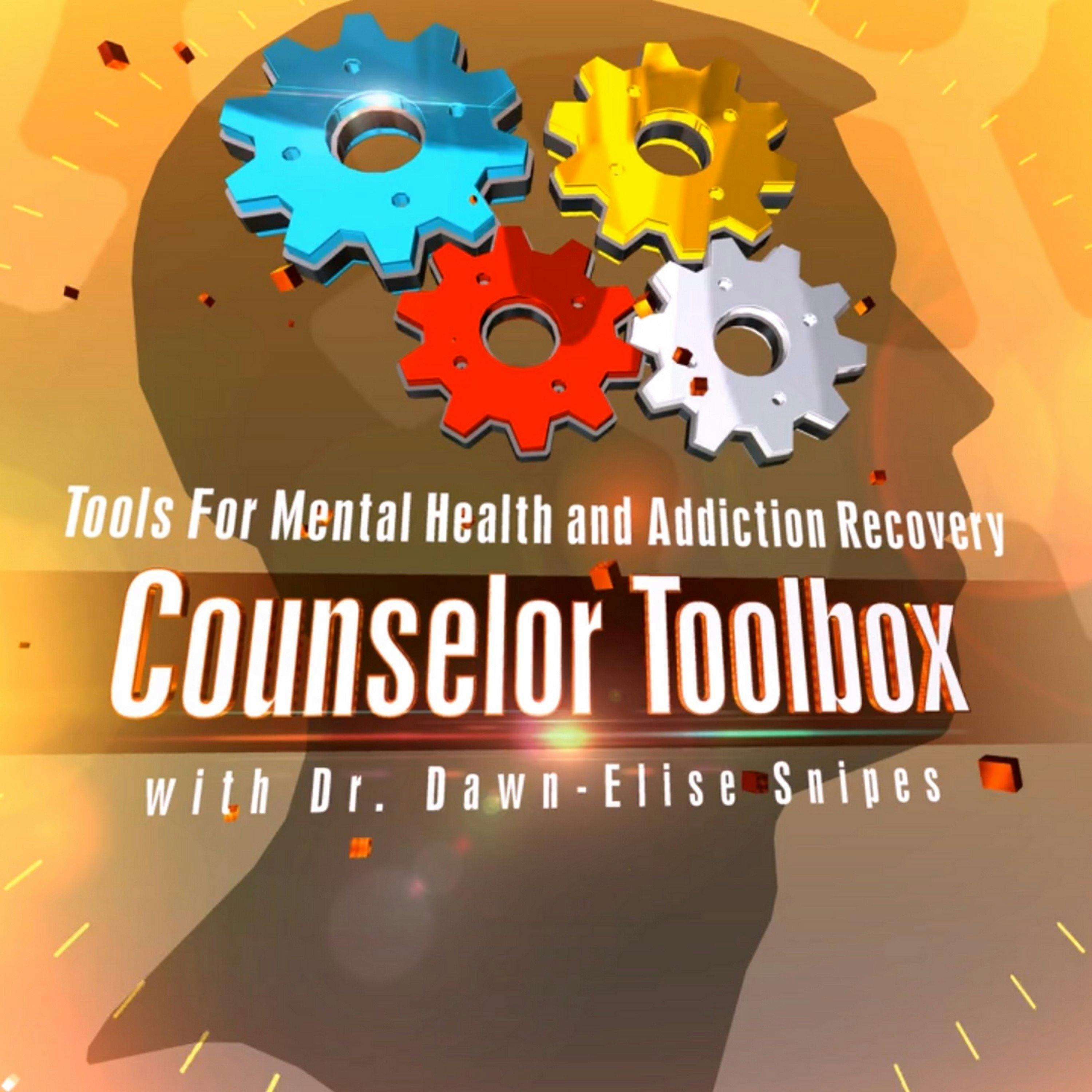Preventing Misdiagnosis in Counseling _ Holistic Health
Description
Introduction
Differential Diagnosis Overview
Symptom Overlap: Many symptoms, like fatigue, can have multiple causes (e.g., hormonal imbalances, medication side effects, nutrient deficiencies).
Comprehensive Approach: Importance of considering bio-psycho-social factors before diagnosing to avoid missing underlying physical causes.
Talk Therapy Limitations: Emphasizes that some conditions (e.g., atrial fibrillation) cannot be resolved through therapy alone.
Framing Bias in Diagnosis
Definition: A cognitive bias where decision-making is influenced by how information is presented.
Impact: Patients may describe symptoms differently to different professionals (e.g., physical symptoms to doctors, emotional symptoms to therapists), leading to potential misdiagnoses.
Confirmation Bias
Definition: The tendency to favor information that confirms pre-existing beliefs or expectations.
Clinical Implications: Can lead to misdiagnoses by assuming a patient’s issues are solely mental health-related without considering physiological causes.
Availability Heuristic
Definition: A mental shortcut where people rely on immediate examples that come to mind.
Example: Increased diagnoses of personality disorders due to media coverage, potentially leading to over-diagnosis.
Importance of Comprehensive Evaluation
Holistic Approach: Evaluate all aspects of a patient's life (physical, emotional, cognitive, etc.) to determine the root cause of symptoms.
Avoiding Over-Diagnosis: Caution against diagnosing multiple disorders when symptoms might be better explained by a single condition (e.g., CPTSD).
Physiological Causes of Depression
Hormonal Imbalances: Low testosterone, estrogen, thyroid issues.
Nutrient Deficiencies: Low vitamin D, iron deficiency, dehydration.
Sleep Disorders: Sleep apnea, circadian rhythm disruptions.
Other Physical Factors: Chronic inflammation, medication side effects, cardiovascular dysfunction, addiction.
Low Energy and Motivation
Causes: Chronic fatigue syndrome, sleep disturbances, medication side effects, hormonal imbalances, and chronic stress.
Emotional and Cognitive Factors: Depression, anxiety, schizophrenia, PTSD, and cognitive distortions like hopelessness and helplessness.
Sleep Disturbances
Contributors: Sleep apnea, hormonal imbalances, hypervigilance (especially in PTSD/CPTSD), addiction, medication side effects.
Impact on Mental Health: Poor sleep exacerbates issues like low energy, depression, and anxiety.
Attention and Concentration Difficulties
Physical Causes: Blood sugar issues, dehydration, cardiovascular disease, thyroid imbalances.
Cognitive and Emotional Factors: ADD/ADHD, anxiety, depression, schizophrenia.
Social Withdrawal and Isolation
Oxytocin Role: Low levels or ineffective response to oxytocin can lead to social withdrawal.
Mental Health Connections: Common in schizophrenia, autism, anxiety, and depression.
Anxiety and Worry
Nutritional Deficiencies: Imbalances in magnesium, vitamin D, and B vitamins.
Other Causes: Hormonal imbalances, sleep dysfunction, side effects of medications like benzodiazepines and antidepressants.
Addiction: Stress from hiding addiction or withdrawal symptoms can exacerbate anxiety.
Conclusion
Chapters:
00:00:00 - Introduction to Differential Diagnosis and Framing Bias
00:06:54 - Assessment of Depressive Symptoms
00:14:03 - Causes of Depressed Mood
00:20:58 - Underlying Causes of Fatigue
00:28:00 - Factors contributing to sleep dysfunction and low energy
00:34:58 - Sleep Disruptions and their Causes
00:41:37 - Restlessness: Causes and Solutions
00:48:44 - Factors Contributing to Anxiety and Worry
00:55:29 - Causes of Low Motivation
01:02:15 - Wishing You an Amazing Week
Learn more about your ad choices. Visit megaphone.fm/adchoices
More Episodes
Learn more about your ad choices. Visit megaphone.fm/adchoices
Published 11/21/24
Published 11/21/24
Introduction
Presenter: Dr. Dawn-Elise Snipes discusses helping families navigate life transitions using the Flower Empower Model.
The focus is on understanding how various transitions impact both individuals and families, emphasizing the importance of supportive partnerships between...
Published 11/19/24


